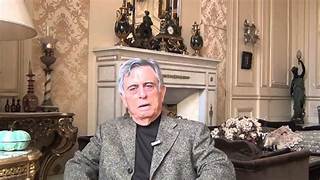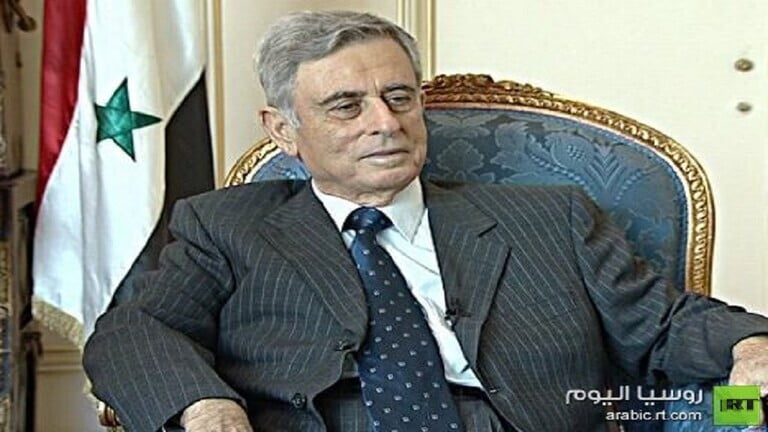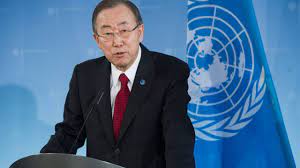Former Syrian Vice President Abdel Halim Khaddam has stated that the ongoing massacres in the Syrian coast aim to displace minorities, including Sunnis, in order to establish a sectarian state. He emphasized that these massacres, carried out by regime shabiha affiliated with the Alawite sect, are among the most serious since the start of the Syrian revolution. Khaddam believes that Bashar Al-Assad intends to fuel sectarian conflict and pave the way for a state on the Syrian coast, without realizing the devastating consequences for the Syrian people.
Regarding the use of chemical weapons by the Syrian regime against civilians, Khaddam highlighted that the international community is aware of Bashar al-Assad’s use of such weapons. He questioned the distinction made between killing through conventional means and killing with chemical weapons, emphasizing that both are grave violations. Khaddam also pointed out the regime’s mass killings of minorities in the Syrian coast, carried out by the shabiha belonging to Assad’s sect. He warned that Syria’s future is at risk, as the regime aims to cleanse Sunnis from the coast.
Khaddam issued a warning against Syria falling under the influence of Iran and Hezbollah. He expressed concern that Iran seeks to turn Syria into its colony by deploying its material, military capabilities, and experts to support Bashar al-Assad, similar to the active involvement of Hezbollah forces. Khaddam called on the international community, particularly the United States, to provide the Syrian people with weapons to overthrow Bashar al-Assad, emphasizing the importance of qualitative weapons and not direct military intervention.
Responding to concerns about weapons falling into the wrong hands, Khaddam argued that the focus should be on the regime’s significant arsenal rather than exaggerating fears about weapons reaching dishonest extremist groups among the opposition. He highlighted the Russian weapons regularly supplied to Assad’s regime, emphasizing the need for the major powers to provide the Free Army with adequate weapons.
Khaddam commended the qualitative operations carried out by the Free Army, but stressed that the magnitude of their achievements depends on the quality of the weapons provided by major powers. He emphasized the unfairness of expecting the Free Army to be decisive without providing them with proper armament, especially when the regime possesses a well-equipped army, air force, and heavily armed shabiha.
It is worth noting that the US Secretary of Defense, Chuck Hagel, recently stated that the Obama administration is reconsidering the possibility of arming the Syrian opposition forces in their fight against the Assad regime.




